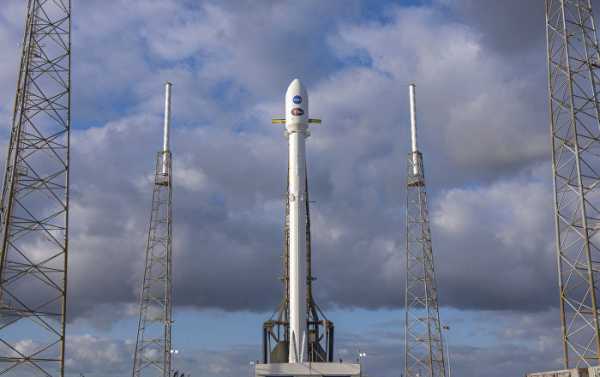
Reusability of spacecraft was SpaceX’s biggest sales pitch. In the meantime, Boeing will stick with the concept.
Elon Musk’s SpaceX — a company revered by many as revolutionary in everything space — has quietly abandoned one of its most ambitious targets, which helped create the company’s popularity in the first place. Without much fanfare, SpaceX decided to abandon the idea of reusable spacecraft, also jettisoning the concept of a spacecraft that could precisely land on the ground at a pre-determined location.
What this means is that SpaceX will drown its one-time spacecraft in the ocean.
According to Forbes’s Loren Thompson, who also consults for the private sector, SpaceX had to abandon the idea of precision landing at a chosen location on the ground. Earlier in July, Inverse and other media reported that SpaceX abandoned the concept of propulsive landing for its future Dragon manned-missions to Mars over safety concerns.
But without precision landing on the ground, the entire idea of reusability becomes unviable.
“What SpaceX has learned conducting unmanned cargo missions into low-Earth orbit is that it takes a long time to refurbish spacecraft once they have been immersed in salt water. Maybe up to a year. And it’s expensive,” Thompson writes.
According to Thompson, SpaceX says the capsule can be reused — but only to carry cargo to low orbit,
Much to Musk’s chagrin, his company’s closest competitor, Boeing, is still sticking with the idea of a reusable astronaut capsule that would land on the ground — the Starliner. Considering Boeing’s track record, which includes work on NASA’s Space Shuttle program, they might actually pull it off.
Ironically, Russian Soyuz spacecraft, which are currently the only way to get astronauts up to International Space Station, land on the ground simply because of Russia’s geographical features.
As the US strives to find its own way of sending people into space without the help of Russian rockets, NASA, which is currently preoccupied with its Mars and Moon missions, has turned to commercial companies to take on flights to the ISS, acting on the assumption that today’s companies are advanced enough to tackle a task of such proportions.
However, it quickly became apparent that supervision and certification of commercial space flights should not be taken lightly, after SpaceX decided it was okay to fuel its rockets with astronauts already inside, Thompson writes.
To add insult to injury, Boeing is now the only US company who has an actual astronaut on staff — Chris Ferguson — after Garrett Reisman left SpaceX last year.
Sourse: sputniknews.com






